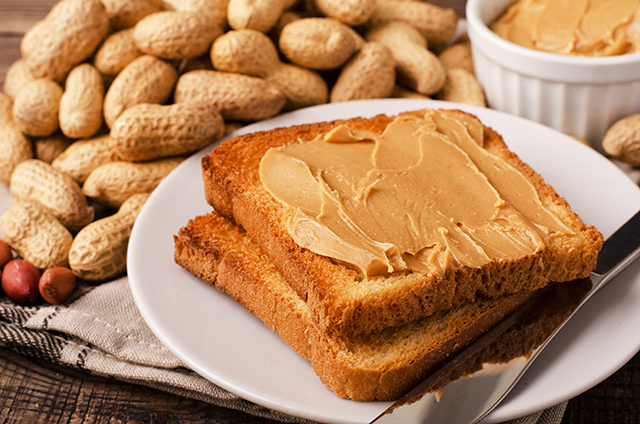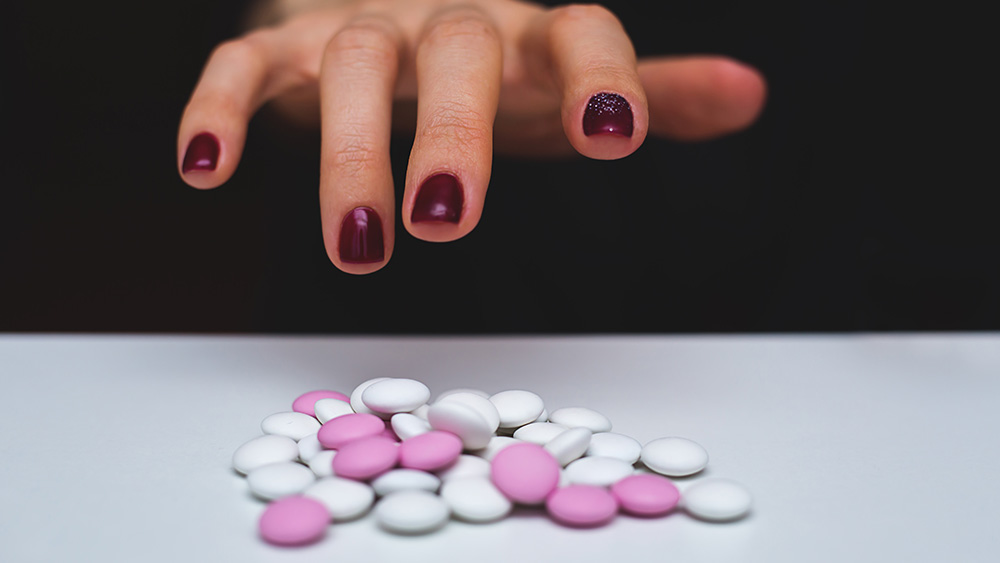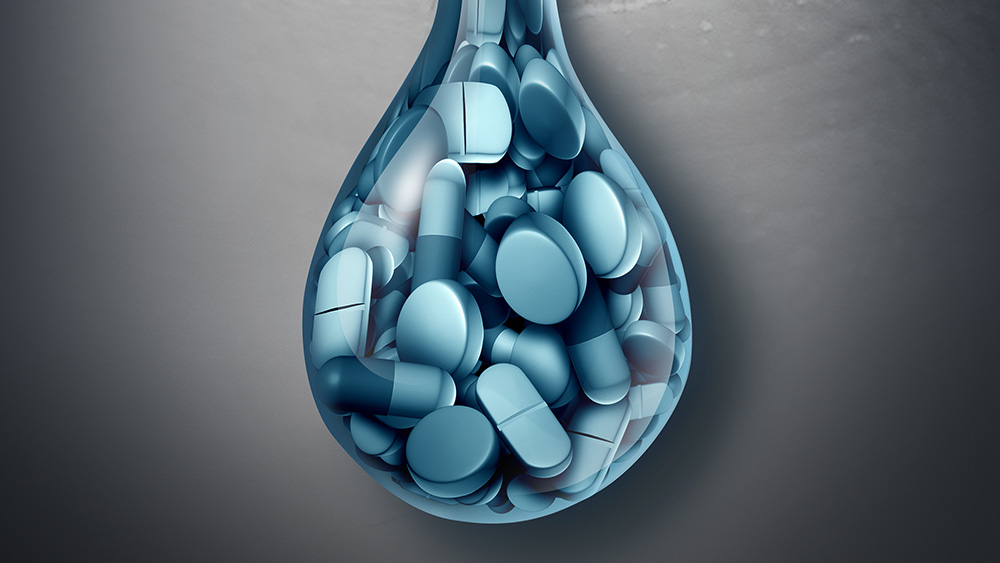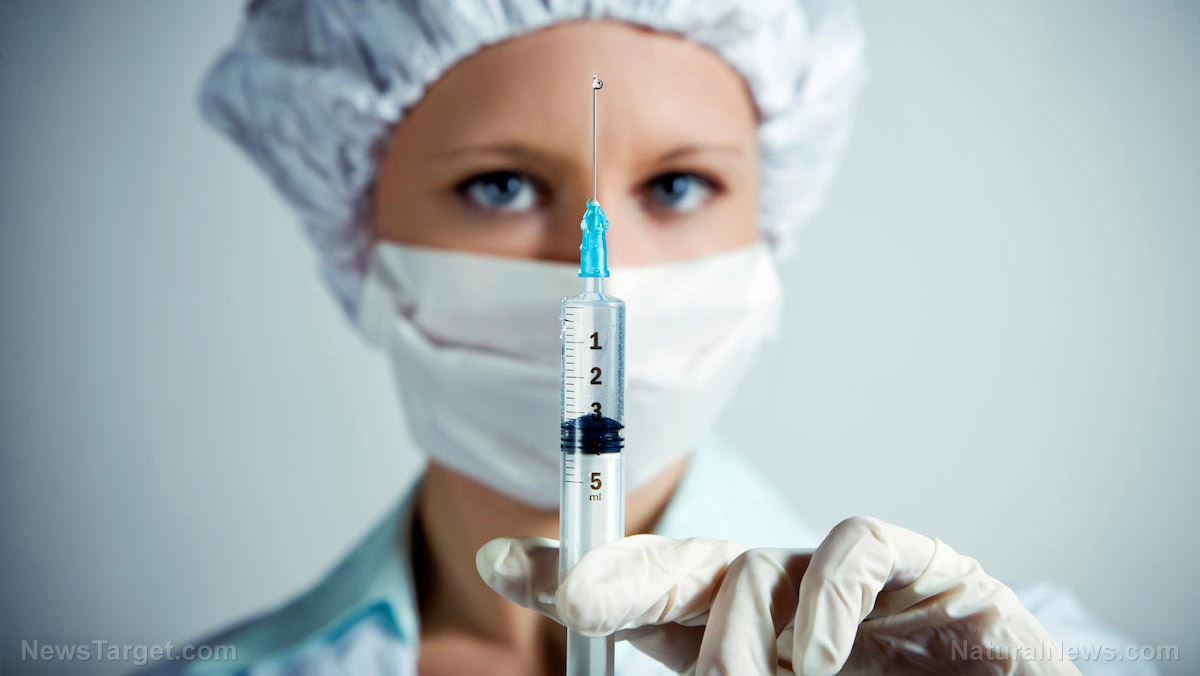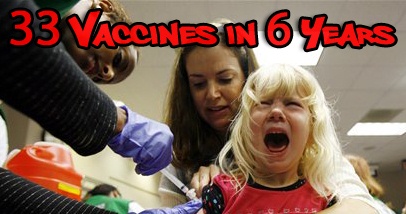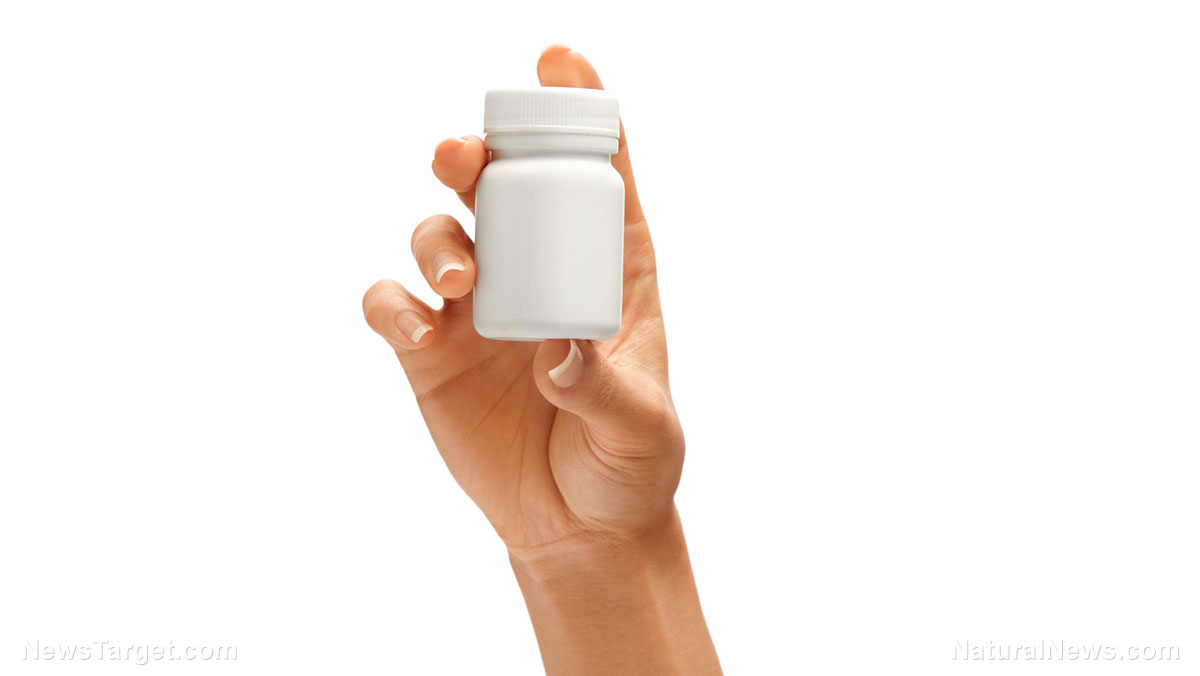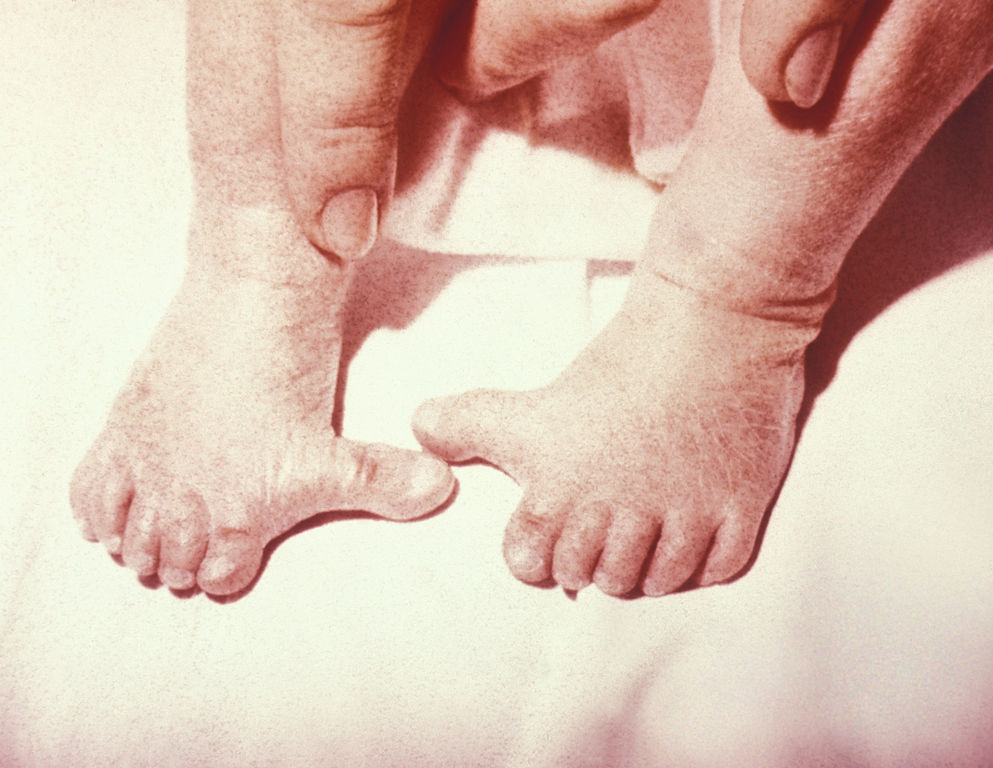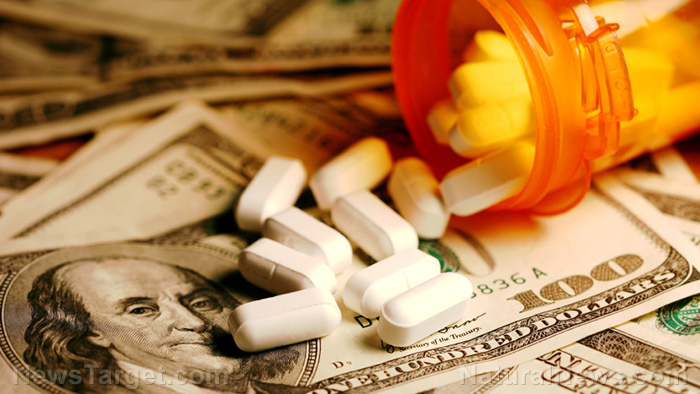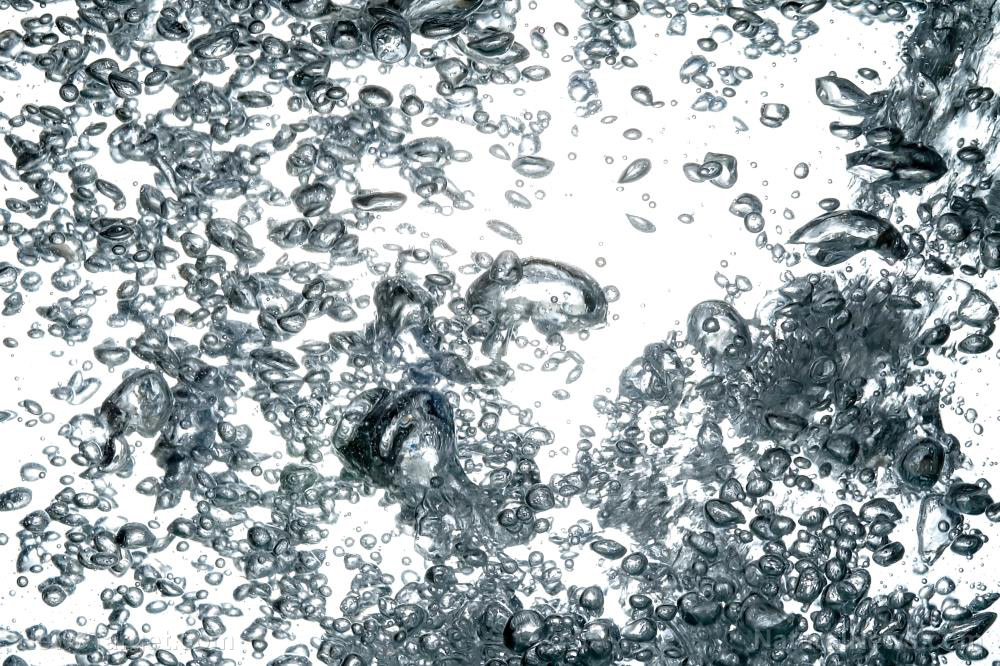68,000 doctors bribed by Big Pharma with $47 million to prescribe dangerous painkiller drugs, analysis finds
08/24/2017 / By Isabelle Z.
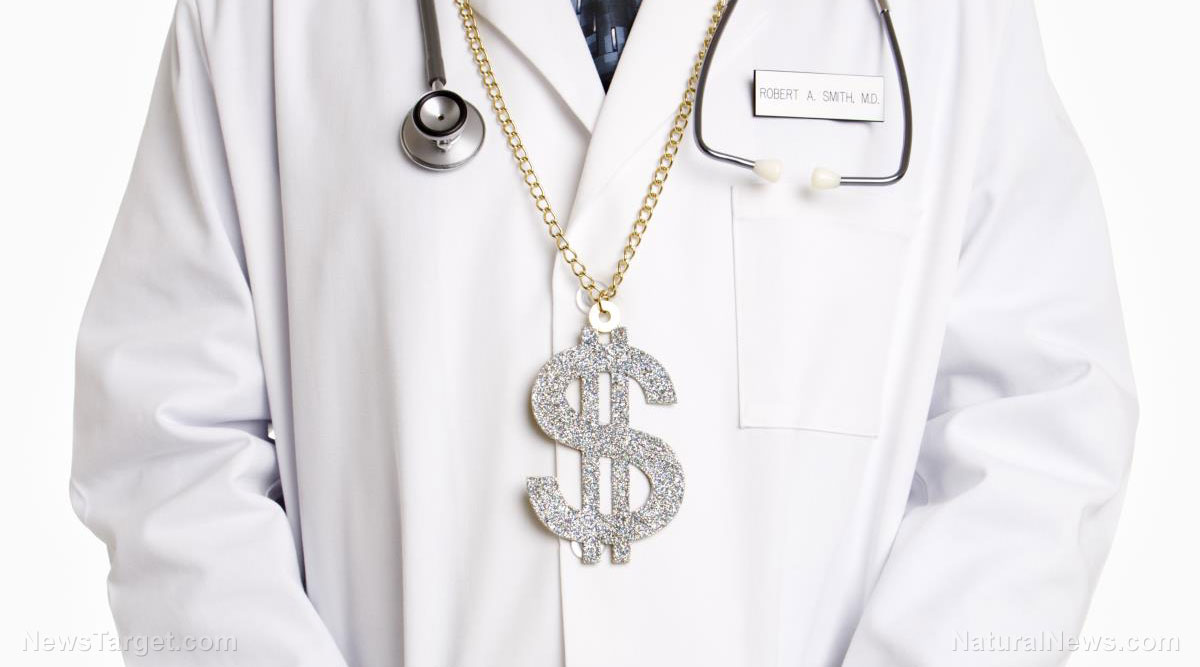
As America grapples with alleviating the opioid addiction crisis that killed more than 30,000 people in the country in 2015, the debate rages on over the best way to tackle the issue. One aspect many people can agree on, however, is the fact that doctors are overprescribing these dangerous drugs, spurring addictions that can eventually send patients to the street to get their next high once their prescription runs out.
Why are so many doctors prescribing these pills despite the dangers? The answer is simple: money. A study out of the Boston Medical Center’s Grayken Center for Addiction Medicine that was published in the American Journal of Public Health revealed that one out of every 12 American doctors has received at least one payment from an opioid pharmaceutical company. It was the first national, wide-scale study that focused specifically on opioid-related industry payments.
They reached their conclusions after analyzing the database for the Open Payments program from the Centers for Medicare and Medicaid Services. In the U.S., drug companies are required to report every payment they make to doctors under the Physician Payment Sunshine Act. The researchers honed in on opioid-related payments that were made from August 2013 to December 2015. These included not only direct payments but also meals, consulting fees, travel reimbursement, and speaking fees.
More than 375,000 non-research payments related to opioids were shelled out to 68,177 doctors during the period studied, to the tune of $46,158,388. The average payment might have been just $15, but the top one percent of physicians – 681 doctors in total –received more than $38 million combined. Food and drink payments were the most common type of reimbursement, accounting for 94 percent of all payments, but “speaking fees” accounted for the most money overall.
Payments influence prescribing habits regardless of amount
Even when payments are small, past research has shown that drug company payments lead to increased prescriptions from doctors. One study last year found that doctors who accepted just one meal that was sponsored by a pharmaceutical company were significantly more likely to prescribe name-brand drugs to patients afterward.
The researchers of the current study believe that inappropriate prescriptions are playing a big role in the nation’s opioid-related deaths, and they suggest that policy makers place a cap on opioid-associated payments given to doctors by drug companies. They also believe that mandatory prescriber education might be needed to counteract the influence Big Pharma has on prescribing behavior.
The White House Office of National Drug Control Policy’s former director, Michael Botticelli, who is now the Grayken Center’s Executive Director, said that one of the epidemic’s main drivers was the vast overprescription of painkillers.
He wrote: “Pharmaceutical companies should take responsibility for how these payments are contributing to the growing epidemic.
“Physicians also have a role to play by prescribing judiciously and advancing safe opioid prescribing education on the front lines.”
Even the Centers for Disease Control and Prevention say that doctors are driving the crisis by prescribing opioids to too many people over periods that are too lengthy and in doses that are simply too high.? Another problem is that pharmaceutical companies devote more time and effort to marketing opioids than they do to less addictive painkillers.
A study that was published in the Annals of Internal Medicine discovered that 38 percent of U.S. adults were prescribed opioid painkillers in 2015 in a finding that even surprised the study’s authors, illustrating the extent of this problem. Five percent of American adults misuse opioids in some way, which equates to 11.5 million people. These are frightening statistics and something needs to be done about the shameful behavior of Big Pharma and the doctors who are irresponsibly prescribing these drugs, creating addicts and destroying lives.
Sources include:
Tagged Under: Big Pharma, Bribes, doctor reimbursement, kickbacks, medical corruption, opioid prescriptions, Opioids, painkillers, prescription kickbacks

